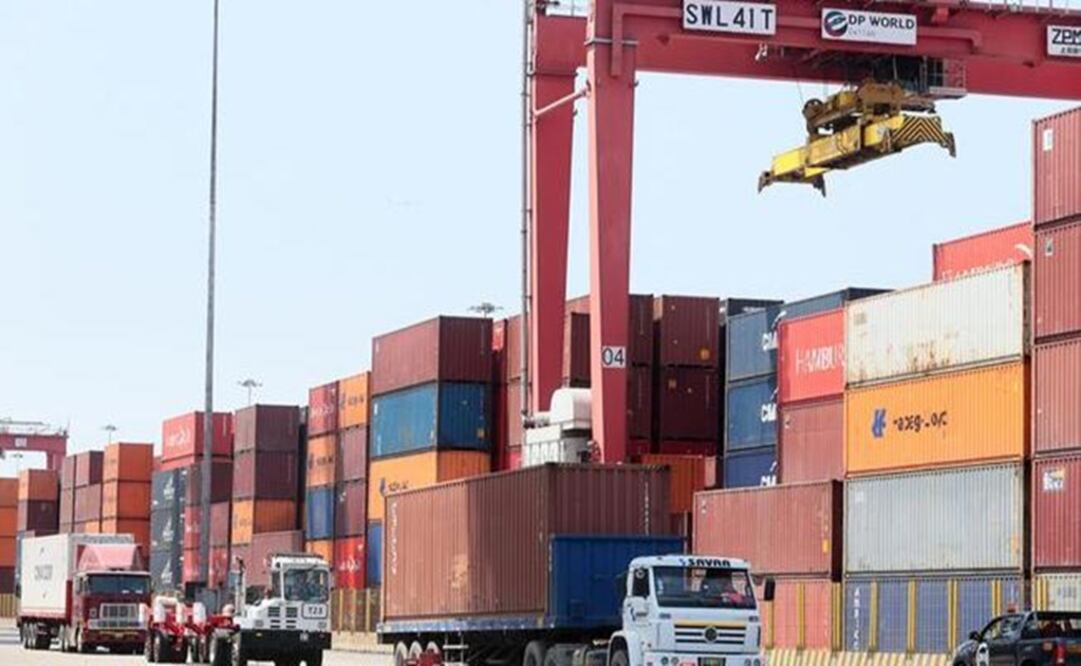Más Información

Fotógrafo de EL UNIVERSAL denuncia intimidación en Tabasco; Guardia Nacional obstruye labor periodística

CJNG ataca a policías municipales de Epitacio Huerta, Michoacán; hay tres elementos lesionados y dos delincuentes abatidos

FGR solicita extradición de dos colaboradores de Silvano Aureoles por desvío de recursos; los ubica en EU y Argentina

Sigue vigente orden de aprehensión contra Cabeza de Vaca por lavado de dinero y delincuencia organizada; juez le niega amparo
If something changed the face of Mexico in the last two decades has been, without a doubt, the North American Free Trade Agreement (NAFTA) . This accord was implemented 23 years ago, amidst doubts regarding its results. A quick assessment shows the balance is positive just by looking at the commercial exchange level between Mexico and the United States of America – which surpasses more than a billion American dollars per day. Moreover, Mexico has become one of the most important automotive manufacturers in the world.
From another perspective, however, it's evident that development hasn't taken place uniformly. While there are highly industrialized regions, other areas have lagged behind and remain isolated from the benefits of commerce. Furthermore, NAFTA critics usually question the little support given to farmers to face the liberalization of the sector, and that the main competitive offer of the country is its own cheap labor.
Even before his victory at the elections held last November in the US, Donald Trump criticized NAFTA and stated that he would either terminate or renegotiate the agreement. Finally, there is consensus pointing towards the prevalence of the agreement.
While Trump is more than able to terminate NAFTA on a whim, Mexican authorities have said they will not accept a disadvantageous agreement.
The long-awaited renegotiation finally has a date: August 16
. Teams from the three nations have set an agenda expected to be concluded in 2017 or early 2018. The aim is that the political climate – particularly in Mexico, where presidential elections will be held next year– does not influence the process.
Renegotiations will take place against the clock, to avoid important matters becoming hostages of interests and political factors which may interfere in a constructive dialogue. Celerity, however, shall not result in a poor agreement. It will always be better to extend negotiations than regret a decision taken in haste.
After businessmen, officials and several sectors have made clear that NAFTA brings more goods than harm, the climate is ideal for an improvement.
EL UNIVERSAL has documented that even American Secretary of Commerce, Wilbur Ross , is aware of NAFTA benefits, as founder and shareholder of at least eight automotive plants built on Mexican soil.
The path NAFTA has to follow needs to pursue the strengthening of North America as the competitive region concentrating a hefty portion of the Gross World Product. Growth and development towards more egalitarian societies have to be one of the main objectives.
am/bg
Noticias según tus intereses
[Publicidad]
[Publicidad]










